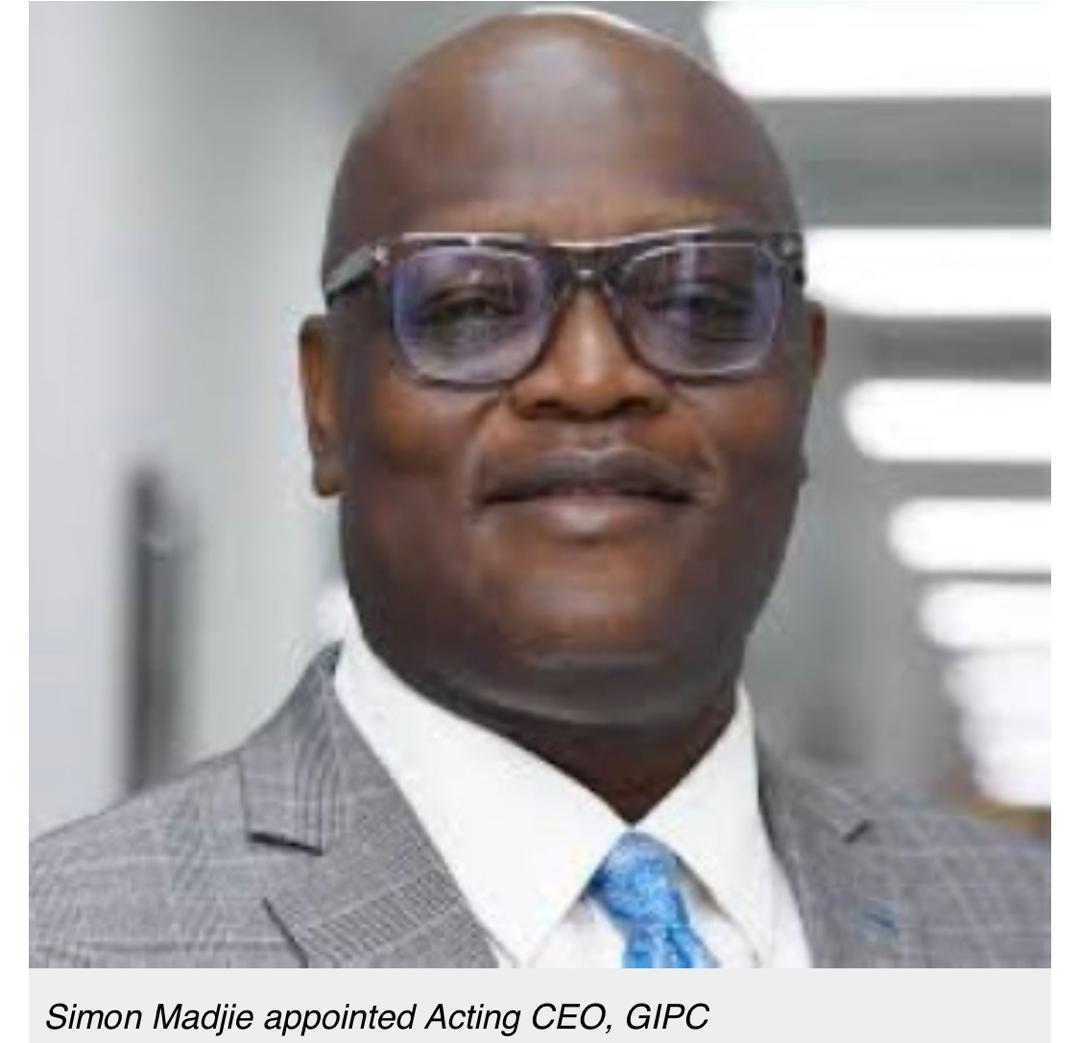GIPC CEO Reaffirms Commitment to Protecting Ghanaian-Owned Businesses
The Chief Executive Officer of the Ghana Investment Promotion Centre (GIPC) Mr. Simon Madjie, has reiterated the government’s unwavering commitment to safeguarding sectors of the economy legally reserved for Ghanaians, even as it seeks to attract more foreign direct investment.
In an exclusive interview with the Daily Graphic monitored by mrwoode.com, Mr. Madjie assured the public that the provisions of the GIPC Act, 2013 (Act 865), particularly Section 27(1), would be enforced without compromise. This section explicitly prohibits non-Ghanaians from engaging in petty trading and other business activities specifically preserved for citizens.
His remarks come in the wake of a three-day ultimatum issued by the Abossey Okai Spare Parts Dealers Association demanding that foreign traders vacate the retail market and confine their activities to wholesale distribution.
Mr. Madjie clarified that under Act 865, foreigners are barred not only from petty trading but also from engaging in several other services. These include operating market stalls and retail shops, managing sachet water businesses, selling pharmaceutical products at the retail level, running basic printing services, operating taxi services with fewer than 20–25 vehicles and managing all types of lotteries except football betting.
The GIPC CEO identified the persistent issue of “fronting” as a major obstacle to effective enforcement. Fronting occurs when Ghanaians rent out their business licenses or premises to foreigners to bypass legal restrictions.
The biggest bottleneck has been fronting. It has made it very difficult to deal with the issue, he said. Our intention is to increase public education around this problem. The more awareness we create, the better positioned we are to curb it.
While the GIPC plays a central role in investment facilitation and public education Mr. Madjie emphasized that enforcement rests primarily with local authorities, including the district assemblies, municipal security committees, the Ghana Immigration Service and the Ministry of Trade and Industry.
He also revealed that GIPC has been in dialogue with the Ghana Union of Traders Association (GUTA) and the leadership of the Abossey Okai Spare Parts Dealers Association to establish a complaints desk and launch public awareness campaigns to ensure compliance with the law.
Mr. Madjie disclosed that a new GIPC bill is currently under consideration. The bill proposes the introduction of administrative fines to serve as immediate penalties for offenders, thereby reducing reliance on lengthy court procedures.
It also recommends the establishment of a national investor and business register to enable more efficient monitoring and enforcement.
Responding to concerns raised by local traders, the GIPC CEO urged caution noting that some individuals perceived as foreign traders might actually be Ghanaians or legally eligible spouses of citizens.
People have to understand that the GIPC law allows spouses of Ghanaians who have been married for five years or more and can prove it to operate in sectors reserved for citizens, he said. So someone may not have a local name or accent but could still be legally Ghanaian.”
On the ultimatum issued by the Abossey Okai Spare Parts Dealers Association Mr. Madjie appealed for calm and urged the traders to allow the relevant authorities to manage the situation.
I sympathize with the traders. I’ve spent time in the markets and understand that competition in reserved sectors is a legitimate concern. But the solution is not to take the law into your own hands, he cautioned.
Mr. Madjie, a seasoned trade and investment lawyer, emphasized that Ghana remains open for business and is committed to attracting strategic investment in high-impact sectors like technology, agribusiness and high-end services.
He clarified that recent changes to minimum capital requirements for foreign investors do not affect sectors reserved for Ghanaians.
His Excellency’s vision is to bring back many of the businesses that have exited the market. The easing of capital requirements is targeted at sectors that create jobs and transfer skills, not those protected for citizens,” he explained.
Call for Media Support
In conclusion, Mr. Madjie appealed to the media, particularly the Daily Graphic and mrwoode.com, to support public education efforts to deepen understanding of the GIPC Act.
Greater awareness of the provisions of the law will help prevent fronting and ensure that reserved sectors are protected for the benefit of Ghanaians,” he stated.
Thank you for reading from mrwoode.com



